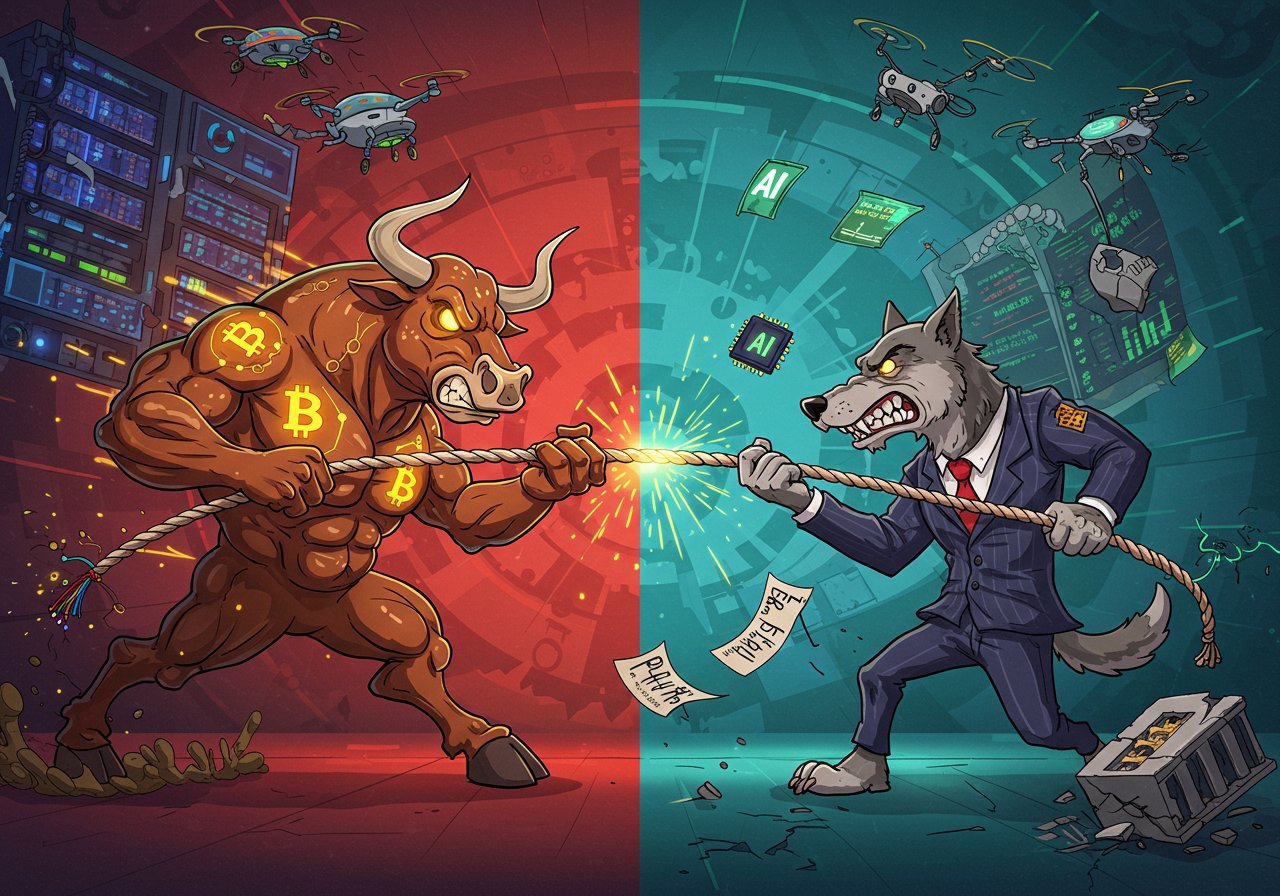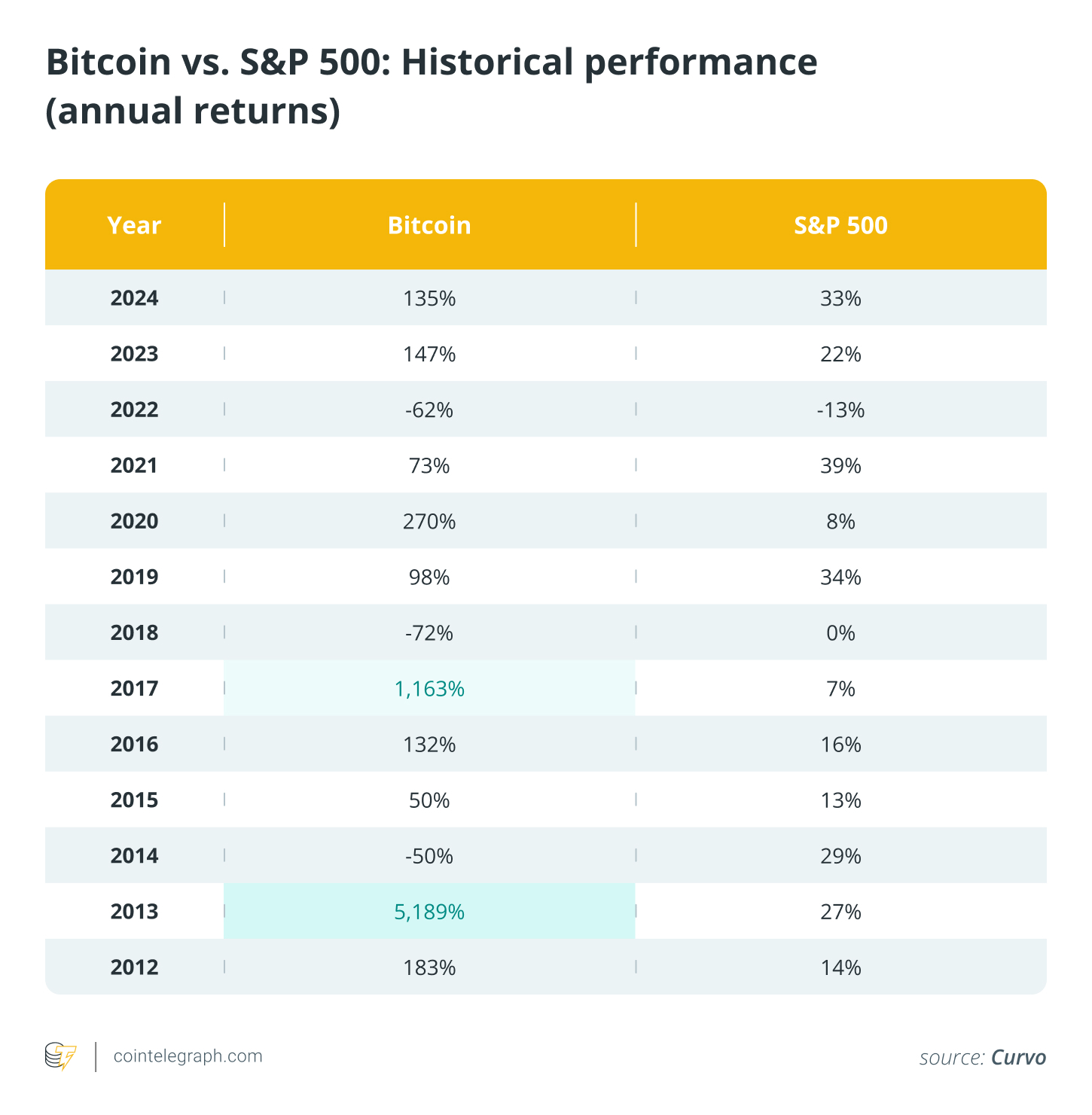
The AI Revolution: Reshaping the Investment Landscape
The dawn of artificial intelligence is upon us, and its implications for the financial world are profound. This isn’t merely a technological advancement; it’s a catalyst, accelerating innovation and potentially redefining the very fabric of how we invest and manage wealth. In this context, the question arises: In the next half-century, which investment vehicle is better poised to thrive – traditional stocks or the burgeoning realm of Bitcoin?
The Case for Stocks: Adapting to the AI Era
Stocks, representing ownership in established companies, have historically weathered economic storms and technological disruptions. The companies that embraced previous waves of innovation have often prospered. In the age of AI, companies demonstrating adaptability and forward-thinking investment in areas like automation, data analytics, and novel business models are likely to flourish. Index funds, mirroring the performance of diversified portfolios like the S&P 500, offer a degree of safety by spreading risk across a basket of companies. Stocks in sectors like robotics, biotechnology, and space exploration, all powered by AI, may witness substantial growth.

Bitcoin‘s Ascent: Decentralization and Digital Transformation
Bitcoin, born from the ashes of the 2008 financial crisis, presents a radical alternative. Its decentralized nature, a fixed supply, and inherent resistance to central control offer an alternative to traditional financial systems. The convergence of AI and blockchain technology presents a new opportunity for Bitcoin. AI’s ability to enhance security, optimize trading strategies, and improve network efficiency could propel Bitcoin towards mainstream adoption. Improvements in scalability and transaction processes, assisted by AI, would be vital for broader use as a medium of exchange. Furthermore, AI-driven analytics can boost the user experience and attract institutional investors. Bitcoin‘s ability to evolve and adapt to new technological developments is key to its long-term relevance.
The AI Factor: A Double-Edged Sword
AI will undoubtedly reshape both markets. For stocks, this means companies that rapidly adapt to changing technological landscapes have the greatest chance of survival. For Bitcoin, this means leveraging AI to improve blockchain efficiency and enhance security. AI has the potential to revolutionize investment strategies, market analysis, and trading operations across both domains. The impact of quantum computing, especially on Bitcoin‘s security, is an element that needs careful consideration. Although quantum computing poses a theoretical risk, its impact is still distant. Bitcoin’s network adapting to quantum-resistant upgrades will be important.
The Verdict: A Complex Future
Predicting the future of finance, particularly over five decades, is an exercise in informed speculation. Both stocks and Bitcoin bring unique characteristics to the table. Stocks require smart adaptation in a swiftly changing landscape, while Bitcoin must consolidate its place as both a store of value and an efficient medium of exchange. Ultimately, the survival of either investment vehicle hinges on their ability to navigate the economic, technological, and societal shifts that will inevitably define the future. The interplay between AI and Bitcoin could usher in a new financial era, where decentralized finance gains traction and traditional markets shift toward digital finance.


